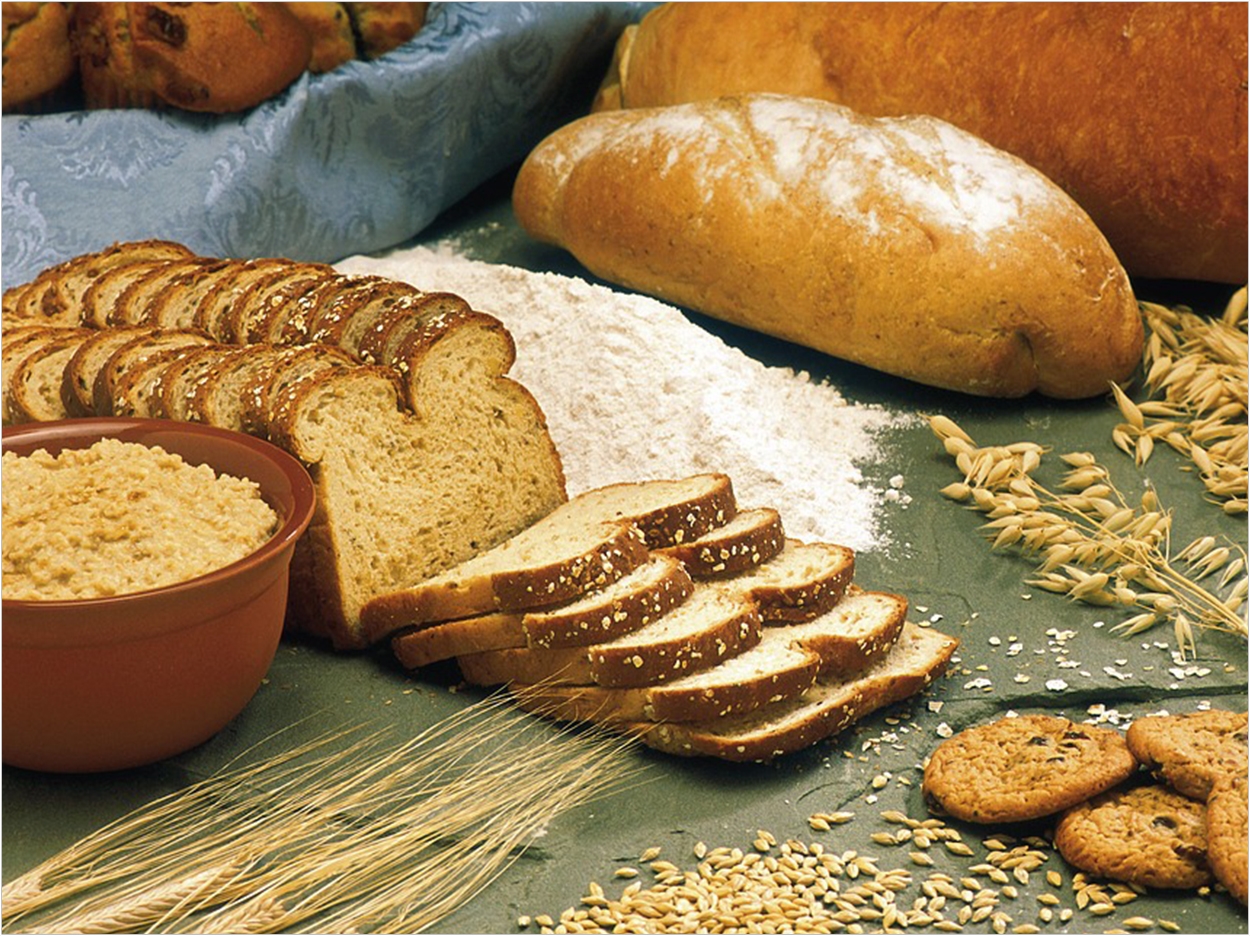
Cutting carbs is more than trendy advice for losing weight. It also may improve your smile. While researchers at Newcastle University recently found no association between the total amount of starch eaten and tooth decay, they did find that more processed forms of starch increased the risk of cavities, since the amylase found in saliva can break them down into sugars while they are still in the mouth. Plus, a diet rich in whole grain starches may lead to a lower risk of oral cancer while offering protection against gum disease.
The researchers reviewed 33 studies on foods including what were characterized as rapidly digestible starches such as white bread, crackers, biscuits, cakes, and pretzels and slowly digestible starches including whole grains and legumes, as well as their relationships with dental caries, oral cancer, and periodontal disease. Overall, the researchers found that a diet rich in whole grain carbohydrates is less likely to damage oral health than a diet that includes processed starches.
The World Health Organization (WHO) is currently updating its guidelines for carbohydrate intake, including dietary fiber and starch quality. WHO currently recommends reducing free sugar intake to less than 10% of total energy or calorie intake and suggests further reduction to less than 5% for additional health benefits. Free sugars are sugars added to foods by the manufacturer, cook, or consumer plus those found naturally present in honey, syrups, fruit juices, and fruit juice concentrates.
“Despite an ill-advised fashion for eliminating carbohydrates from the diet, a carbohydrate-rich diet is shown to be fine for oral health so long as it is low in sugars and is based on whole grain varieties of carbs such as pasta, couscous, and whole meal bread. The key for shoppers is to look for whole meal and whole grain on the labels,” said Paula Moynihan, professor of nutrition and oral health at Newcastle University and leader of the research.
Commissioned by WHO, the study, “Effects of Starch on Oral Health: Systematic Review to Inform WHO Guideline,” was published by the Journal of Dental Research. Additional research commissioned by WHO into the effects of carbohydrate quality on other health outcomes, including cardiovascular diseases, cancer, and type 2 diabetes, will be used to inform the forthcoming guideline.
Related Articles
A Healthy Diet Tames Gingivitis in Just Four Weeks
Anti-Inflammatory Diets Prevent Tooth Loss
A Low-Carb Diet Stops Periodontal Inflammation












